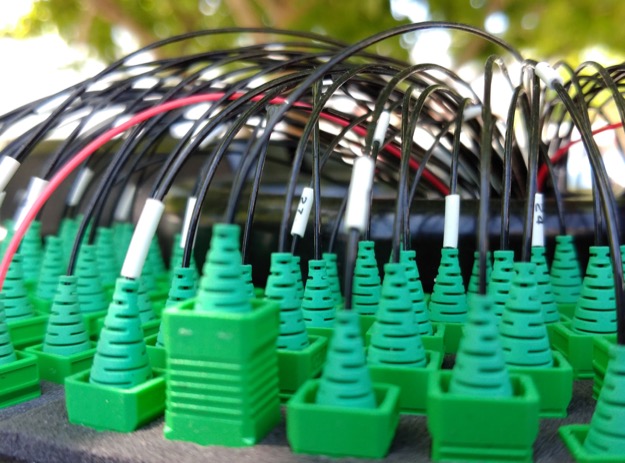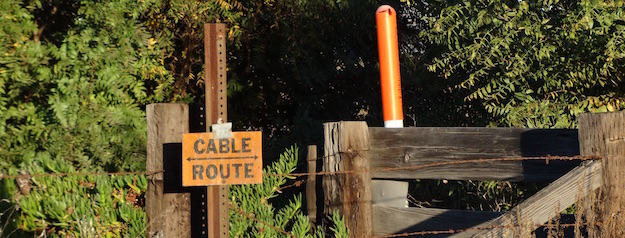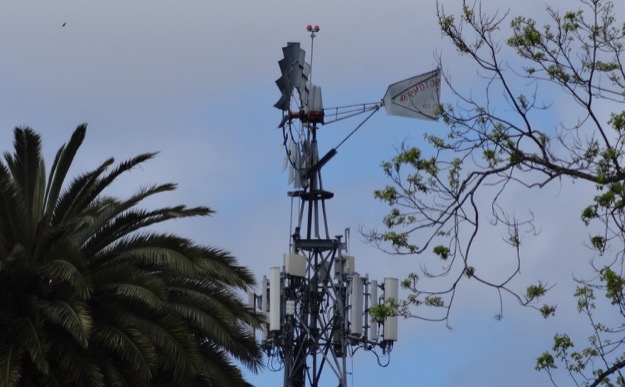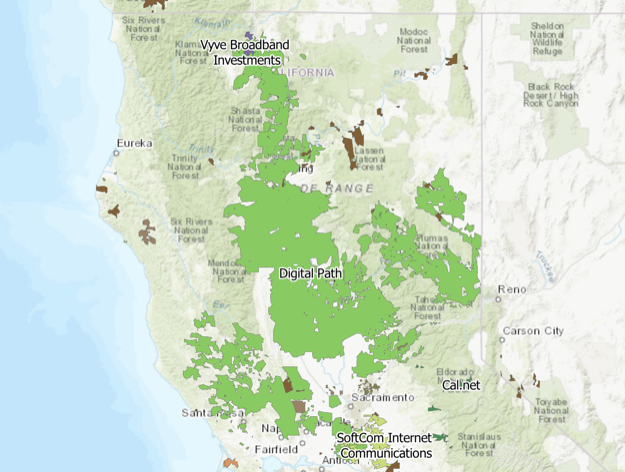Frontier tells CPUC to rubberstamp bankruptcy deal because you’ll never know the difference
Why don’t you go home to your wife? I’ll tell you what, I’ll go home to your wife, and outside of the improvement she’ll never know the difference.
Groucho Marx as professor Quincy Adams Wagstaff in Horse Feathers.
Frontier Communications doesn’t want the California Public Utilities Commission messing about with the bankruptcy settlement that’s churning through a federal court in New York. So it’s asking the CPUC for fast and uncritical approval of a transfer of ownership to the banks and other lenders that will try to recoup what they can of the $11 billion in bad debt that’s being washed away.… More






![Christopher DOMBRES [CC BY-SA 4.0 (https://creativecommons.org/licenses/by-sa/4.0)], from Wikimedia Commons Att customer evolution](https://www.tellusventure.com/images/2018/12/att_customer_evolution.png)
![By Revised by Reworked [Public domain], from Wikimedia Commons](https://www.tellusventure.com/images/2018/7/cash_in_hand.jpg)


